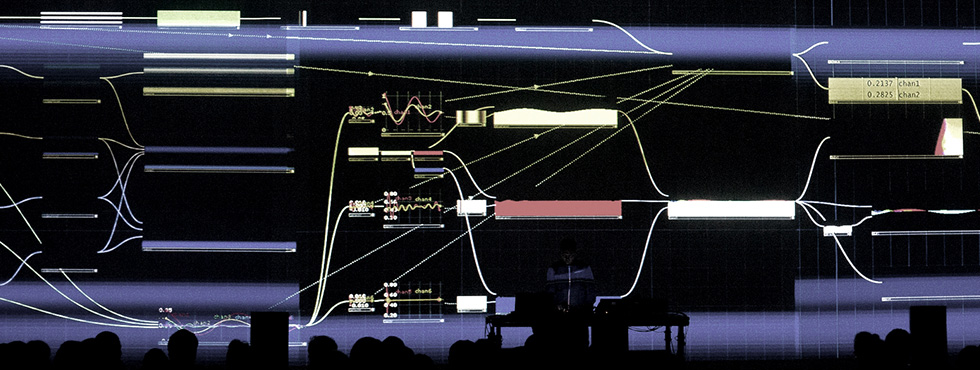Implemented projects
Performer’s Polyfunctionality in Musical, Cultural and Social Processes
The project “Performer’s Polyfunctionality in Musical, Cultural and Social Processes” seeks to investigate the musical, cultural and social functions attributed to music performers of various specialities, and to ground the importance of polyfunctionality to the modern performer’s activities. It consists of three main directions of scientific and artistic research: 1) developing the applications of cultural and semiotic theory of music performance art, interdisciplinary analysis of diverse activities of music performers and their modern discourses; 2) complex scientific and artistic research that would reveal the change of professional and social roles of violinists-concertmasters in relation to ever-changing socio-cultural environment; 3) investigating the basis and traditions of the modern organist’s profession, analyzing the various fields of the creative practice of an organist and the problems presupposed by its multifunctional specifics. In the frame of the project, the knowledge-raising events shall be organized: a workshop of internationally known concertmasters to the students of LMTA; organists’ masterclasses; and a symposium to sum up the research results. As a methodological and material basis for ensuring the development of project’s activities and continuity of its ideas and results, the Headquarters of Artistic Research and Performance Studies at LMTA shall be established. Project’s results will be presented at international conferences and published in peer-reviewed journals.
Project staff: Lect. Dr. Rūta Lipinaitytė (leader), Lect. Dr. Eglė Šeduikytė-Korienė, Lect. Dr. Lina Navickaitė-Martinelli.
Duration: September 1, 2013 – December 31, 2014.
The Thinking Body: Analysis and Integration of Acting Systems in the Creative Process of a Contemporary Actor
The project aims to establish a comprehensive interdisciplinary base of a laboratory for theatre art research. It is dedicated to exploration of the creative processes of performing arts at both theoretical academic and practical levels. The first phase of this project, a study of actor’s psychophysical capabilities, sets up a universal creative methodology, which could be used by actors working in different aesthetic systems. The project will explore theoretical (philosophical, neurological, cognitive, psychological, physical) assumptions of the “thinking body” and such techniques of performance training as Suzuki Method of Actor Training, psychophysical acting, Stanislavski’s “method of physical actions”, ideokinesis, etc. There also will be a workshop held for researchers, theatre theoreticians and artists (directors, movement and choreography specialists, students of acting and so on); physical therapists and visual art specialists, who will examine actor’s psychophysical capabilities, structure all empirical results and create a unique actor training and creative methodology; the description of artistic research and audio-visual methodical materials will be released as well. Two experimental performances will be presented as final results of the first phase of the laboratory together. Theoretical reflection of this phase will be revealed through an international scientific conference, collection of articles, international networks (NORTEA, ELIA, EDE) and the mass media. In future, on the basis of this project Lithuanian Academy of Music and Theatre is going to hold international workshops.
Project staff: Assoc Prof. Dr. Ramunė Balevičiūtė (leader), Assoc. Prof. Oskaras Koršunovas, art licenciate Ieva Stundžytė, Dr. Ernesta Sendžikaitė (Lithuanian University of Health Sciences).
Duration: September 1, 2013 – December 31, 2014.
Requiem in the Grand Duchy of Lithuania in the 17th–18th Centuries: Tradition and Reconstruction
The project “Requiem in the Grand Duchy of Lithuania in the 17th–18th Centuries: Tradition and Reconstruction” is conceived both as scholarly investigation and as artistic project based on this investigation. The object of this project is the liturgical chants from the liturgy of defunct (with a special emphasis on Requiem) that are written down in the manuscripts deriving from the Grand Duchy of Lithuania of the 17th–18th centuries. The main methods to be used are source analysis, descriptive, historical analysis, paleographical, transcribtion of musical sources, comparative and analytical musicological analysis. On the basis of this investigation, a full artistic project of reconstruction of the Requiem is to be made. The intended results are the preparation of the scientific monograph and a full-scale description of the artistic project of the reconstruction.
Project staff: Lect. Dr. Jonas Vilimas (leader), Lect. Dr. Laima Budzinauskienė, Romualdas Gražinis.
Duration: July 1, 2013 – December 31, 2014.


